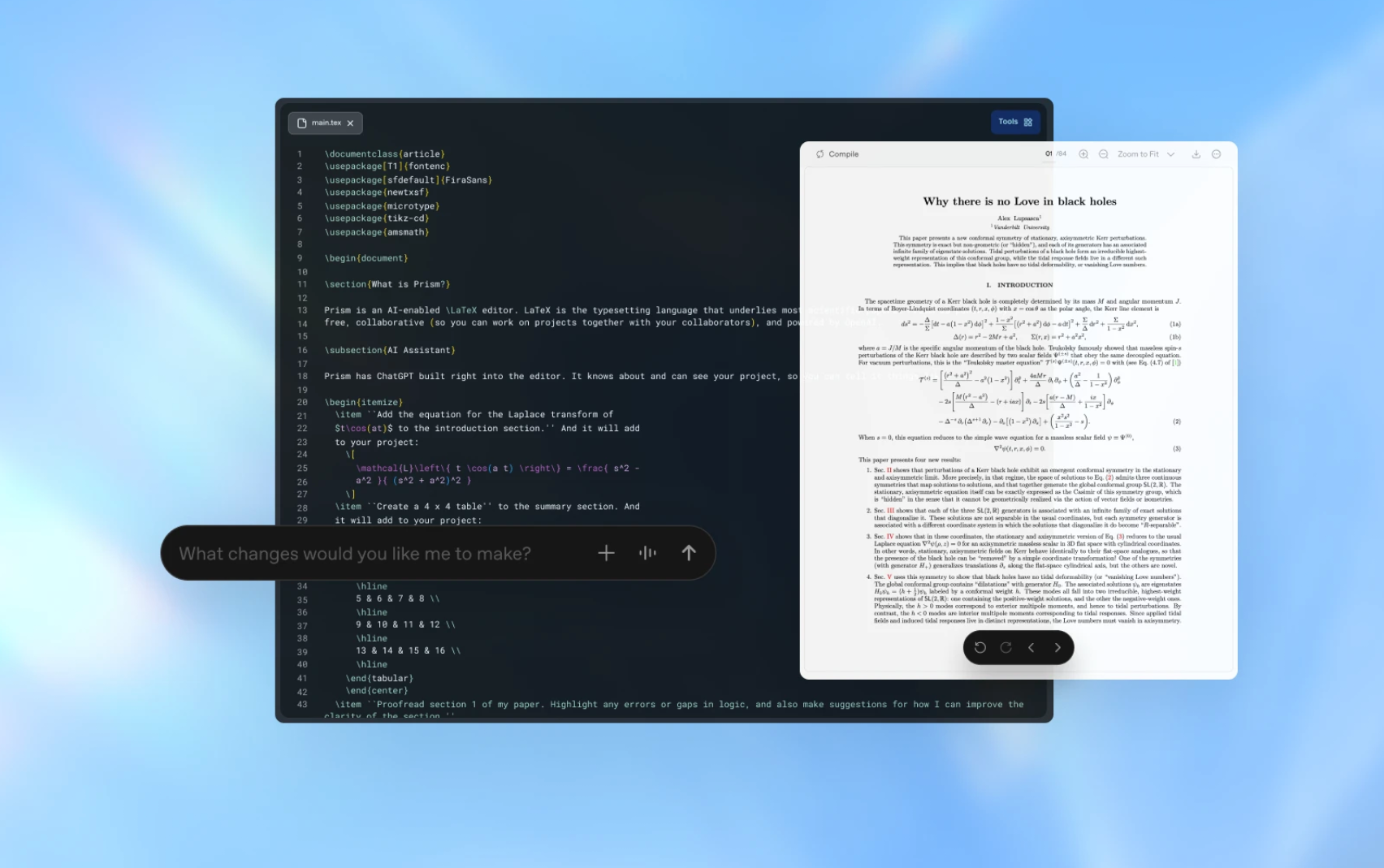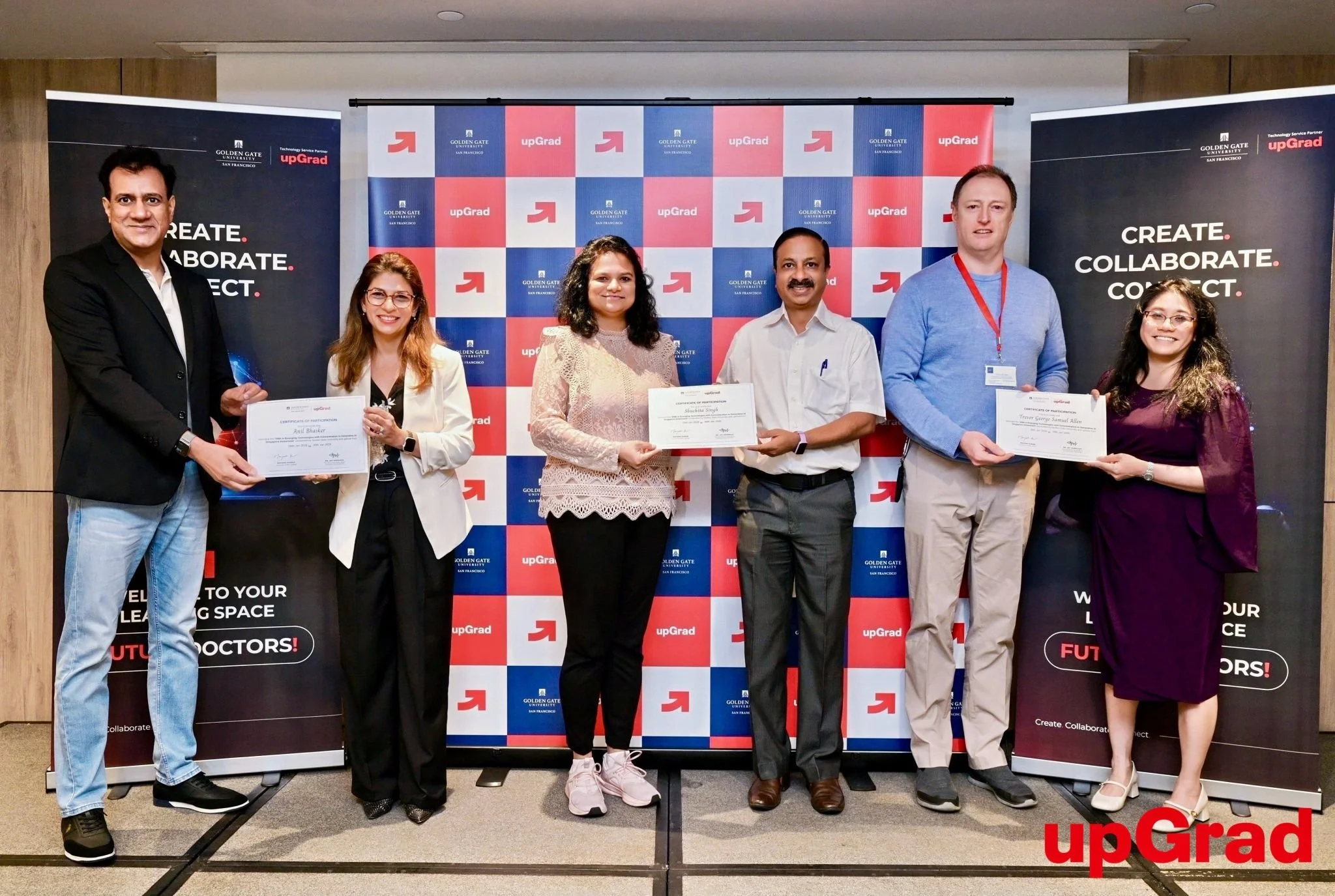MDPI signs multi-year deal with Proofig AI to tighten image integrity checks in biomedical journals
Following a pilot, MDPI will roll out Proofig AI’s image analysis across selected biomedical titles, aiming to expand to all relevant submissions and reduce post-publication corrections.
Sanita Meijere, MDPI IT product and project manager
MDPI, a fully open access publisher, has agreed a multi-year collaboration with Proofig AI, a provider of AI-driven proofing and integrity software for scientific publications.
The rollout starts with selected biomedical journals and is intended to extend to all relevant submissions. The announcement follows a pilot that MDPI says improved detection of problematic figures and streamlined editorial checks.
Dr. Dror Kolodkin-Gal, co-founder and CEO of Proofig AI, says:
“We are proud that MDPI has chosen to collaborate with us and to see such a fruitful partnership taking shape. The MDPI team conducted a highly professional and carefully monitored pilot, achieving excellent results in detecting problematic images. Their fast and effective integration process was impressive, and we are excited to contribute to this important collaboration.
By combining Proofig AI’s advanced technology with MDPI’s editorial expertise, we can help prevent errors and maintain integrity in science, while setting a new benchmark for research integrity and quality control in publishing.”
AI checks target duplication, manipulation, and AI-generated images
Proofig AI’s system flags images for editorial review across common risk areas: alteration or manipulation, duplication and reuse, PubMed source plagiarism, and undisclosed AI-generated images. The company also states it provides tools for assessing western blot images, an area that can be time-consuming for manual verification.
MDPI says the integration reduces manual screening and frees editors to focus on scientific assessment. During the pilot, the tool identified duplicated confocal and histology images, including cases altered to mask similarities. Early results indicate a year-on-year decrease in post-publication image manipulation flags.
Tim Tait-Jamieson, head of publication ethics at MDPI, says:
“The life sciences are disproportionately affected by research integrity issues, making vigilance in this field especially critical. This is driven, in part, by the increasing sophistication of image editing software and generative AI.
Whether accidental or deliberate, image manipulation can have a lasting impact on the credibility of published research. By integrating Proofig AI into our editorial workflows, we strengthen our ability to detect scientific misconduct early and reduce post-publication amendments.”
Early outcomes and next steps
MDPI reports positive internal feedback on usability and integration speed during a comparative evaluation of image tools over more than a year. The publisher plans to extend coverage beyond the initial set of biomedical titles as workflows stabilize and performance metrics hold.
Sanita Meijere, IT product and project manager at MDPI, says:
“For more than a year, we’ve tested all the available image manipulation detection tools. Proofig AI’s quality and ease of use, alongside positive feedback from our internal users, made their software a clear stand-out.
We’re thrilled to be moving forward with this partnership, ensuring we do our utmost to protect MDPI’s biomedical journals. Using this advanced image proofing software reaffirms MDPI’s commitment to maintaining the highest standards in research integrity.”
The ETIH Innovation Awards 2026
The EdTech Innovation Hub Awards celebrate excellence in global education technology, with a particular focus on workforce development, AI integration, and innovative learning solutions across all stages of education.
Now open for entries, the ETIH Innovation Awards 2026 recognize the companies, platforms, and individuals driving transformation in the sector, from AI-driven assessment tools and personalized learning systems, to upskilling solutions and digital platforms that connect learners with real-world outcomes.
Submissions are open to organizations across the UK, the Americas, and internationally. Entries should highlight measurable impact, whether in K–12 classrooms, higher education institutions, or lifelong learning settings.
Winners will be announced on 14 January 2026 as part of an online showcase featuring expert commentary on emerging trends and standout innovation. All winners and finalists will also be featured in our first print magazine, to be distributed at BETT 2026.

























